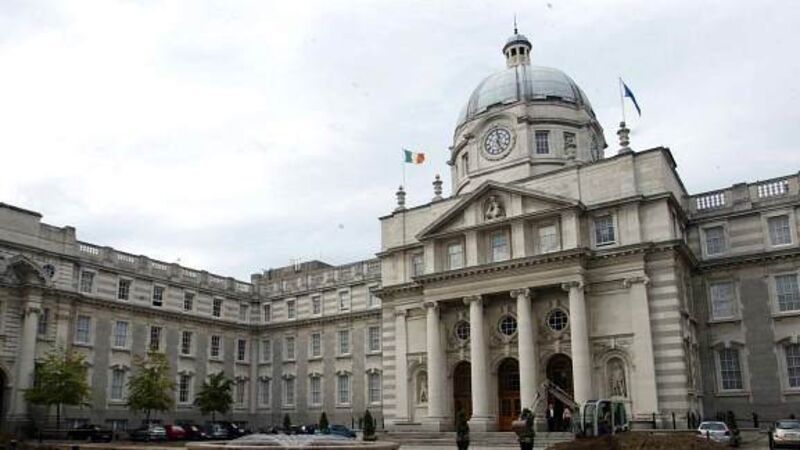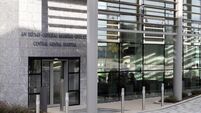Workers’ bills up over a decade: Tax rises not reflected in our services

The Dáil resumed after it summer recess yesterday. The known knowns facing it are obvious.
It will be dominated by three or four issues, one more challenging than the other, especially for those in Fine Gael who have yet to understand that educative truism: Repeating the same behaviour while hoping for a different outcome is the act of a madman.
This, sadly, rings loudest on the housing crisis.
The Government’s ideological straitjacket epitomises that same-behaviour-same-outcome-failure, a failure that will probably be exacerbated by the policies outlined for the Land Development Agency last week.
The role envisaged for developers, and the prospect of seceding public land to private interests, suggests a misplaced loyalty to discredited principles and processes outweighs the party’s commitment to resolving the crisis.
Fine Gael, once so happy to sneer at the Fianna Fáil tent at the Galway races, are blind to the mote in their own eye on this. It may well, when the posters go up, cost them more than they ever imagined.
One of several crises — they seem infinite in the department — will fill Health Minister Simon Harris’ days.
Budget over-runs in the HSE, climbing towards €1.1bn according to one estimate, are causing friction.
Colleagues who see resources they had earmarked diverted to augment the €15.3bn health spend grow restless.
Should these challenges grow tedious, Mr Harris has the poisoned chalice of enacting abortion legislation. If this is not achieved before the posters go up, the consequences, though not easily measured, will be significant.
Brexit and its unknown unkowns are the issue facing the Dáil.
However, the realpolitik is that we do not have a stick proportionate to the challenge we face, which means our parliamentarians are spear carriers to the EU negotiating team’s lead actors.
This issue is at once central and remote in our democracy: Never did so much depend on so few.
Another important issue that should concern our parliament was highlighted by the Tax Institute yesterday.
The body found that workers are paying more tax today than they did 10 years ago. Workers pay more personal tax — income tax, universal social charge, and PRSI combined — despite targeted reductions over the past seven years.
The standard response to data like this is to cry foul. Demands for change will acidly reference politicians’ salaries and pensions.
Opposition deputies, especially those in marginal seats, will thunder about inequity and broken promises. Labour may even wake from its slumber. However, a core inequity of the equation will remain unchallenged.
If workers pay more tax, and if we have something pretty close to full employment and spectacular revenue flows from multi-nationals, why are services stagnating?
Why are we struggling to fund education, health, and housing? Why are hospital waiting lists climbing towards the one million mark Rubicon?
Maybe it’s time to set the usual same-behaviour-same-outcome response to one side and ask why increased investment is not reflected in better services.
And preferably before the election posters go up.















